WASHINGTON — By one common definition, the U.S. economy is on the cusp of a recession. Yet that definition isn’t the one that counts.
On Thursday, when the government estimates the gross domestic product for the April-June period, some economists think it may show that the economy shrank for a second straight quarter. That would meet a longstanding assumption for when a recession has begun.
But economists say that wouldn’t mean that a recession had started. During those same six months when the economy might have contracted, businesses and other employers added a prodigious 2.7 million jobs — more than were gained in most entire years before the pandemic. Wages are also rising at a healthy pace, with many employers still struggling to attract and retain enough workers.
The job market’s strength is a key reason why the Federal Reserve is expected to announce another hefty hike in its short-term interest rate on Wednesday, one day before the GDP report. Several Fed officials have cited the healthy job growth as evidence that the economy should be able to withstand higher rates and avoid a downturn. Many economists, though, are dubious of that assertion.
The Fed is also trying to combat raging inflation, which reached a 9.1% annual rate in June, the worst mark in nearly 41 years. Rapid price increases, particularly for such essentials as food, gas and rent, have eroded Americans’ incomes and led to much gloomier views of the economy among consumers.
The definition of recession that is most widely accepted is the one determined by the blandly named National Bureau of Economic Research, a nonprofit group of economists whose Business Cycle Dating Committee defines a recession as “a significant decline in economic activity that is spread across the economy and lasts more than a few months.” The committee assesses a wide range of factors before publicly declaring the death of an economic expansion and the birth of a recession — and it often does so well after the fact.
So if we’re not in a recession, what’s going on with the economy, which is sending frustratingly mixed signals? Here are some answers to those and other questions:
———
IS THE ECONOMY SHRINKING — OR NOT?
It did in the first three months of the year, when GDP contracted 1.6% at an annual rate. Economists have forecast that on Thursday, the government will estimate that the economy managed to grow at an…
Click Here to Read the Full Original Article at ABC News: Business…

